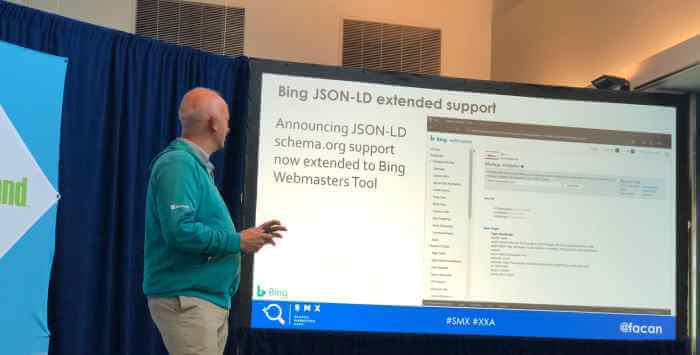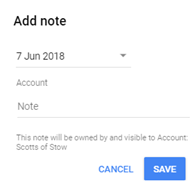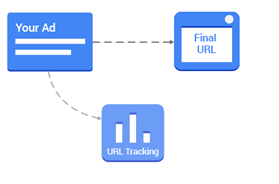Join Fusion’s SEO team as they round up last month’s major industry updates.
New ‘URL Inspection Tool’ released within Google Search Console
Google confirmed through the official Google Webmasters twitter account in late June that a new URL inspection tool had been released in Google Search Console:
I spy with my little eye 🔎 …. a bunch of neat new Search Console features! Who wants to join us 👷♀️ in digging into some URLs' indexing status?https://t.co/H7T8l6dyZ4 pic.twitter.com/HRcs3gMoGM
— Google Search Central (@googlesearchc) June 25, 2018
Once provided with a URL that you own, the ‘URL Inspection Tool’ will provide crawl, index and serving information to allow users to check if an URL is being displayed. If errors are found within the URL, the tool will provide an error report detailing what issues it has found.
Google My Business Agency Dashboard
Google has released a new dashboard which allows agencies to access and manage multiple Google My Business listings from a single page.
Using the Google My Business agency dashboard, agencies will now be able to access the following features:
- Manage all locations under one account: Manage thousands of locations within a single account rather than being limited to 100 locations per account.
- Send and receive invitations to manage listings: Send, receive and manage invitations within a dedicated section of the agency dashboard.
- Location groups: All locations within an organisation are required to be held within a location group to simplify location management. Agencies can send/receive invitations to co-manage customer’s locations group listings.
- User groups: Create and manage groups of users to easily manage access to certain locations groups.
- Search: Quickly search for locations within the account or specific location group.
Google Search Consoles API now has access to 16 Months of Data
Although Google has provided users with sixteen months of historical data since the release of the new Google Search Console interface, a tweet from the Google Webmasters account confirmed in mid-June that users can now access this volume of data through the Search Console Analytics API. As a consequence, sixteen months of data can now be integrated within CMS and other tools:
If you're using the Search Console Search Analytics #API, you now have access to all 16 months of data provided in the UI! If you'd like to integrate the data with your CMS or make your own tools, check out our docs athttps://t.co/cqVVyHIbUp
— Google Search Central (@googlesearchc) June 18, 2018
Bing Announce Support for JSON-LD within Webmaster Tools
A month after Bing started supporting JSON-LD markup, Bing’s principal program manager, Fabrice Canel, announced extended support for JSON-LD markup within Bing Webmaster Tools during his appearance at SMX Advanced.

This will now allow users to enter their JSON-LD code into Bing Webmaster’s markup validator and receive debugging information.









